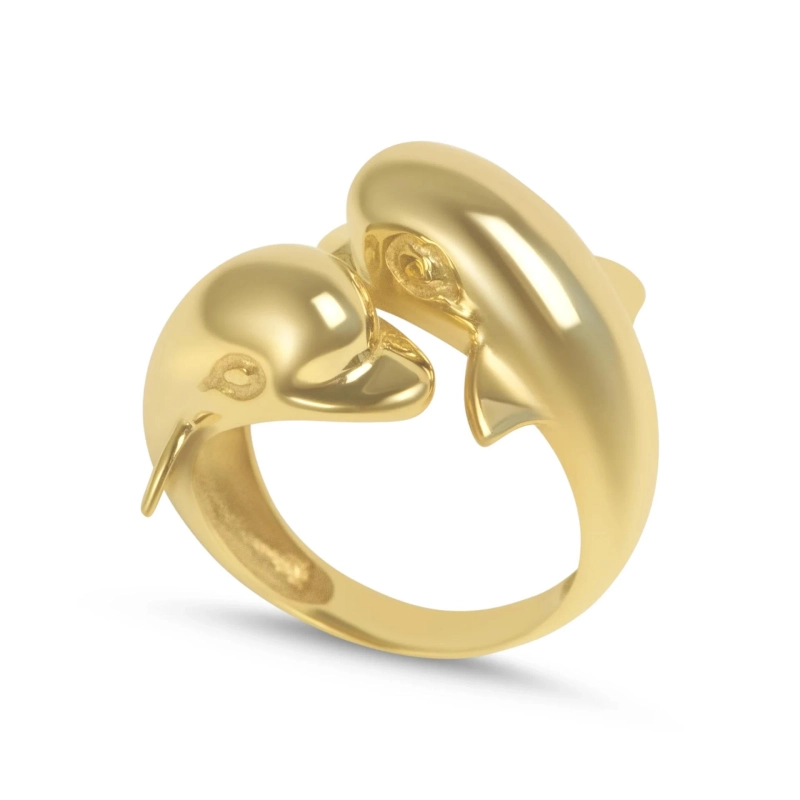Jewelry was more than just ornamental in ancient Greek culture; it had deep symbolic importance and was used for a variety of practical functions. Of all the jewelry worn by the ancient Greeks, rings were particularly significant because they combined rich symbolism with practical use. We are going to explore the complex relationship between the practical and symbolic uses of ancient Greek rings, illuminating their cultural and social significance.
Functionality: Durability and Craftsmanship
The exquisite attention to detail used in the creation of ancient Greek rings guaranteed its aesthetic appeal as well as their practical use. Crafted from precious metals like gold, silver, bronze, and iron, these custom Greek jewelry are built to last a lifetime. The skill with which they were crafted produced sturdy objects, many of which had elaborate engravings or settings that emphasized their beauty and toughness. Ancient Greek rings were made to withstand regular wear and tear despite their small size, which is a testament to the skill and creativity of their designers.
Symbolism: Multiple Interpretations
Ancient Greek rings had more symbolic value than only their practical use; each design had several levels of interpretation. Ancient Greek rings are known for their meander design, which represents infinity, oneness, and the unending flow of life. Other popular themes were representations of legendary animals, gods and goddesses, and protective emblems like the gorgoneion or the evil eye. The wearer's views, goals, and social positions were expressed in concrete form by these symbols.
Identity and Status: Rings as Social Indicators
Additionally, rings from antiquity were potent symbols of loyalty, identification, and position in society. Signet rings were used as seals to identify a person and certify papers. They were decorated with engraved insignias or family crests. These rings expressed the wearer's authority and social position in addition to being useful in formal situations. In addition, the exchange of rings at wedding rituals represented the unbreakable link of love and devotion between couples, emphasizing the importance of rings as social roles and identity identifiers.
Significance for Religion and Ceremonies
Ancient Greek rings were important as talismans and devotional symbols in religious and ceremonial contexts. Wearing rings with pictures of gods and goddesses was considered a protective charm, meant to fend off evil spirits and provide favors. In addition, rings exchanged during wedding rituals stood for the holy union of love, faithfulness, and devotion.
Ancient Greek rings have endured because they are useful ornaments that also serve as potent markers of identity, prestige, and belief. The intricate details and deep meaning of these rings provide insight into the complexity of ancient Greek society and culture. Ancient Greek rings have an enduring appeal that never goes out of style, serving as a reminder of the jewelry's ability to transcend time and cultural boundaries as we continue to unravel the mysteries of the ancient world.


